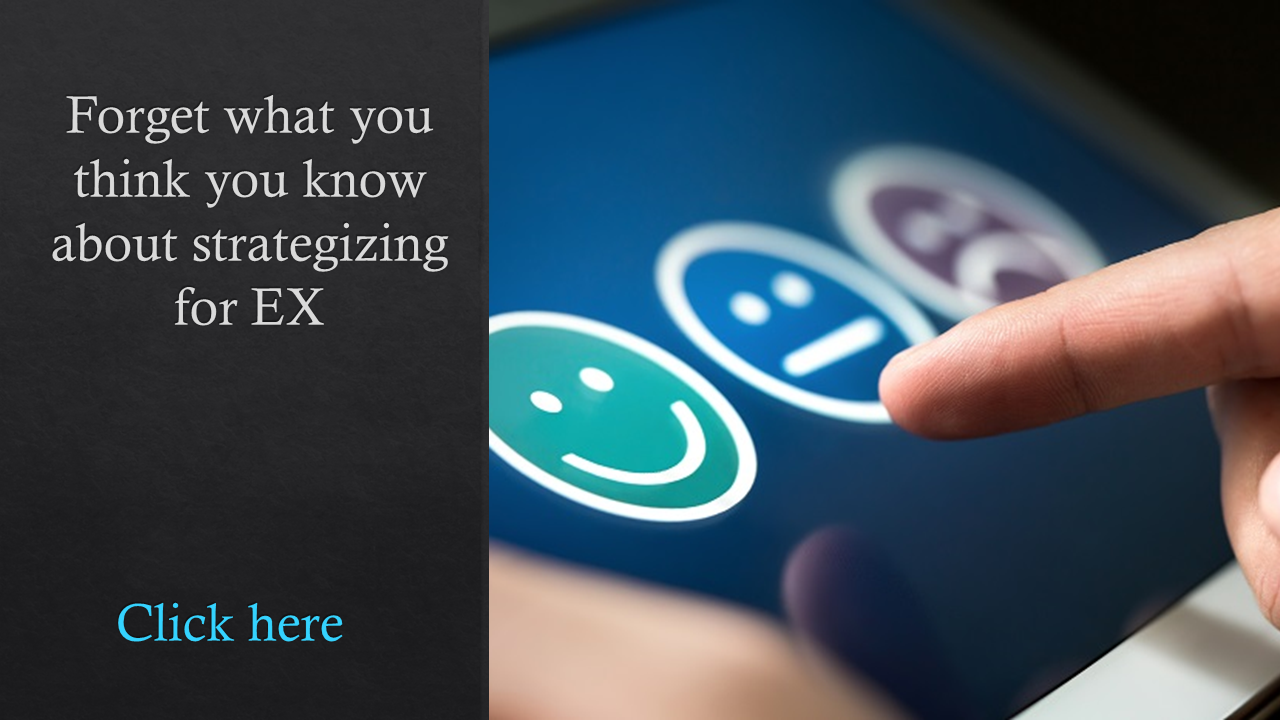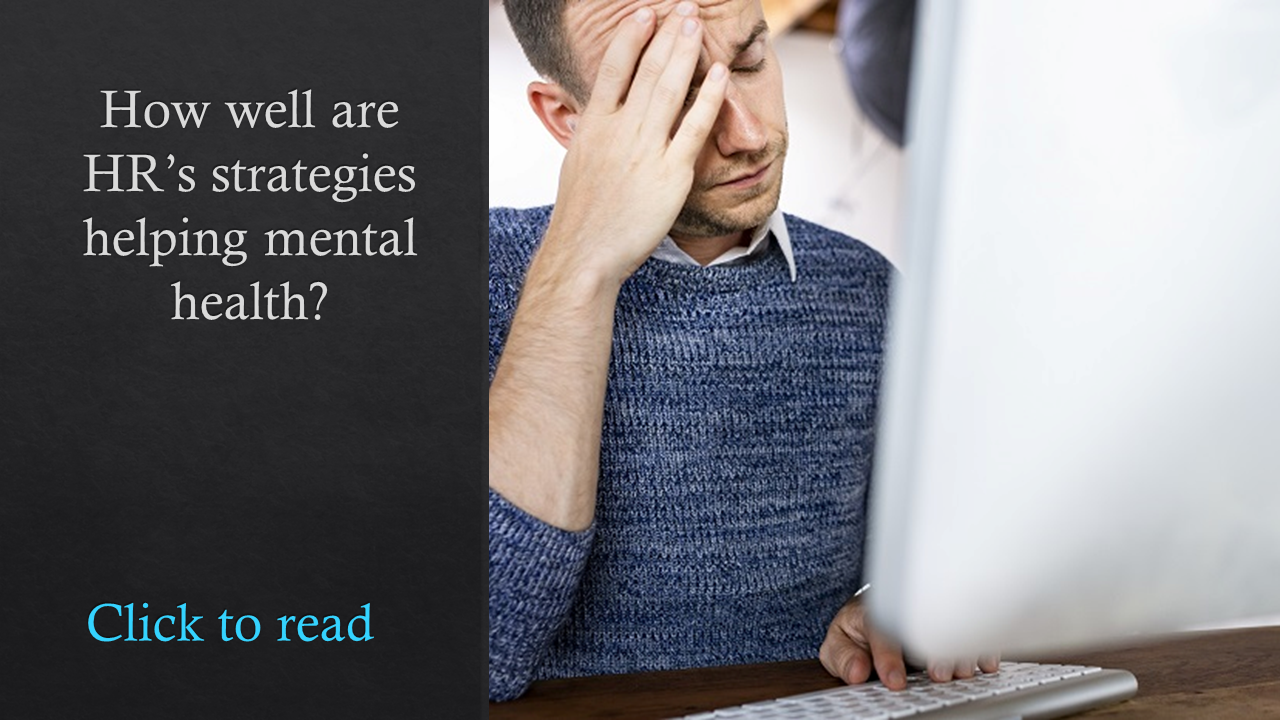As we find ourselves in the midst of COVID-19, a global tragedy that’s dominated our lives for nearly two years, it’s been hard to look forward, and perhaps even more difficult to look back and gain the perspective that often comes from reflecting on past challenges. But as we approach the anniversary of 9/11, another global tragedy that changed the world as we know it, it’s apparent that, through tragedy, as a society, we’ve found opportunities to grow, adapt and progress, at heroic levels.
One of the major differences between 9/11 and the COVID-19 pandemic is how our nation’s awareness and understanding of behavioral health has advanced in the last 20 years, including the support that’s available for employers and employees. While our current reality is still filled with tragedy, we have better tools and clearer perspectives that can guide our progress, especially in the workplace.
Two tragedies
Drawing from the similarities of the two events, we can see how tragedies in general impact us and several of the throughlines that can point HR leaders toward continued growth.
First, life as we know it and how business is conducted have changed dramatically as a direct result of both events. The security measures taken after 9/11 forever changed experiences like being able to walk to an arrival gate at an airport without a ticket, for example, along with many other aspects of travel. The same is true for the COVID-19 pandemic: Working remotely or in a hybrid work environment and taking virtual meetings are now commonplace, whereas two years ago this was considered an anomaly.
Related: ‘The ultimate HR act:’ These 9/11 lessons remain relevant today
Both events have required a massive amount of time, money and resources to recover or rebuild from–whether that be a physical rebuild, new policy implementation or adapting and innovating to address people’s changing needs. These decisions and efforts are taxing, not only in resources but to the capacity of leaders who bear the burden of making the tough calls and stewarding resources and safety, while leading employees through unprecedented change.
Finally, as anyone who’s lived through these events can attest, both tragedies have led to the emotional impact that affected people deeply on a personal level, as well as had a widespread global reach, triggering fear, anxiety and vulnerability in every corner of the world.
Any one of these impacts on its own would be shattering, but what do we do when our global, emotional and economic stability and ways of life and business are called into question all at once? And how do we, as HR professionals, lead and manage that most valuable of resources–human capital?
See also: 5 must-haves to win the post-pandemic war for talent
The answer is in the question itself: It begins with focusing on people. Some of the hard-learned lessons from 9/11 still apply today and can guide us in these arenas:
- Business recovery is directly dependent on people recovery. Employees are the heartbeat of a company, so no matter how tight our security systems are or how comprehensive our policies and procedures are, if we’re not focused first and foremost on the physical and emotional wellbeing of our people, progress will still trail behind. Much like a building’s security systems, there may be times when an outside, expert perspective is necessary to assess or support behavioral health needs within an organization, especially in the midst of a devastating time.
- Resilience must be upheld, believed in and celebrated. We’ve seen so much of it expressed both 20 years ago and in the past year-and-a-half–from the heroism of frontline workers to the determination of innovators; the patience and adaptation of newly remote employees to the everyday expressions of care and kindness from co-worker to co-worker. These character qualities bind us together even in the toughest circumstances and collectively inspire more. Resiliency begets resiliency.
- A tailored response is the right response. The terrorist attacks of 9/11 helped us understand that, while we were all affected by a universal tragedy, the effects, response and needs that arise from these disruptions are as unique as the individuals experiencing it. Today’s pandemic has only punctuated this, and we’ve seen it reflected in various populations, subcultures and professions. There is no single template any business or team should follow; rather, we must look to the people who make up our company and understand the appropriate response, timing and sensitivities that need to be applied.
Related: Burnout is soaring. Here are 7 ways employers can help
New challenges mean new opportunities to learn
There’s also a lot we know today that we didn’t know 20 years ago, and COVID-19 will undoubtedly follow that same pattern. It’s vital that HR leaders adapt to the new lessons we’ve learned that only today’s situation could teach us.
For instance, in contrast to 9/11, which took place at a specific date and time, the road to recovery related to COVID-19 has been anything but linear and the virus continues to present new forms and new challenges. Because of this, resilience and growth demand a level of adaptive capacity–a leader’s ability to respond with purposeful, positive regard to an unexpected shock or challenge–an approach that will help us endure a long period of trial and error, forward and backward, flexibility and frequent change. Exercising and leading employees to tap into their own adaptive capacity will set teams and organizations apart–and even lead to competitive advantage in the marketplace.
Additionally, hindsight has the unique ability to help us be more prepared for the future, to learn from history, and it’s not a question of if businesses will be faced with crisis again, but when. While it may not be another pandemic, businesses are facing natural disasters, unexpected deaths of team members, divisive election cycles and more that all pose threats to the wellbeing of an individual and a team’s productivity, morale and feelings towards leadership. Having a relationship with expert behavioral health response consultants who can support and speak to a company’s readiness and response to ongoing events is a critical resource for HR executives.
See also: The overlooked game-changer of the COVID-19 workplace
 Finally, we have opportunities to recognize and grab hold of lived experiences. COVID-19, much like 9/11, marks a distinct point in history, a milestone, with “pre-” and “post-” language already being applied to it. Savvy HR leaders who are living, working and problem-solving through the worst of it will be rewarded, as these lived experiences hold immense power to solidify our character, stretch our innovation, increase our empathy, shape our corporate culture and more. This exercise of adaptive capacity has already led to some “diamonds.” For example, telehealth and virtual meetings might still have been five to 10 years from today’s level of adoption if we weren’t faced with the immense and urgent pressure of the current needs. It’s worth keeping our eyes open for insights and wisdom gained throughout this season, as we keep looking forward.
Finally, we have opportunities to recognize and grab hold of lived experiences. COVID-19, much like 9/11, marks a distinct point in history, a milestone, with “pre-” and “post-” language already being applied to it. Savvy HR leaders who are living, working and problem-solving through the worst of it will be rewarded, as these lived experiences hold immense power to solidify our character, stretch our innovation, increase our empathy, shape our corporate culture and more. This exercise of adaptive capacity has already led to some “diamonds.” For example, telehealth and virtual meetings might still have been five to 10 years from today’s level of adoption if we weren’t faced with the immense and urgent pressure of the current needs. It’s worth keeping our eyes open for insights and wisdom gained throughout this season, as we keep looking forward.
We never wish for the tragedies that mark our lives on a personal and global scale. On the 20th anniversary of a date that we’ve promised to “never forget,” and in the midst of a global pandemic that we hope never to relive, we can still grab hold of the lessons they teach us about humanity at its core and humanity in a business context. Together is the path forward.
Learn how leading employers are using technology to help improve employee wellness and resilience during the upcoming HR Technology Conference. Click here to register.



